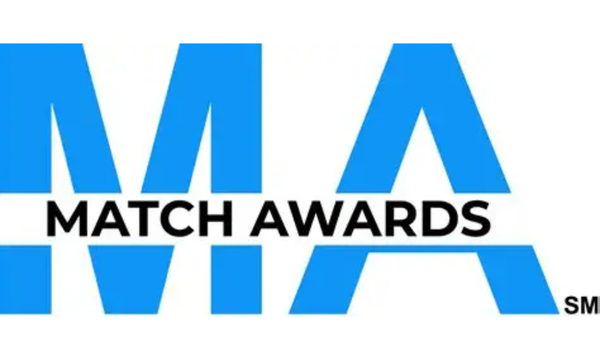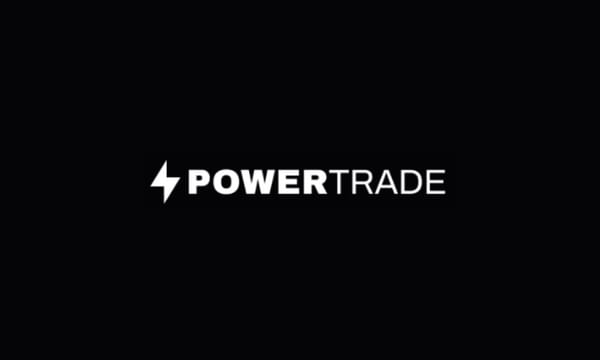What is decentralization: definition, benefits, and real-world examples

TL;DR: Decentralization refers to the distribution of authority and decision-making power away from a central location or entity. This can apply to various aspects of life, including technology, governance, and finance, resulting in increased autonomy, reduced single points of failure, and more equitable distribution of resources.
Decentralization refers to the distribution of authority and decision-making power away from a central location or entity. This concept can apply to various aspects of life, including technology, governance, and finance. Understanding decentralization is essential as it impacts our world in numerous ways, such as increased autonomy, reduced single points of failure, and more equitable distribution of resources.
Definition of Decentralization
Decentralization in Governance
Decentralization in governance refers to the transfer of decision-making authority and resources from a central government to lower levels of government or even non-governmental organizations. This process empowers local communities and regions to have more control over their own affairs.
Decentralization in Technology
In technology, decentralization refers to the distribution of computational resources and control across multiple nodes or devices, rather than relying on a single central server. This approach reduces dependency on a single entity and promotes resilience against failures or cyberattacks.
Decentralization in Finance
Decentralized finance (DeFi) refers to the use of blockchain technology to create financial systems that operate without a central authority, such as banks or other financial institutions. Instead, these systems rely on smart contracts and decentralized protocols to facilitate transactions and financial services.
Key Components of Decentralization
Some of the key components of decentralization include:
- Distribution of authority and decision-making power
- Reduced reliance on a single central entity
- Increased autonomy for local or individual entities
- Enhanced security and resilience against failures or attacks
Benefits of Decentralization
Increased Autonomy and Local Decision-Making
Decentralization allows for more decision-making power at the local level, which can lead to better decisions based on the specific needs and preferences of the community.
Enhanced Security and Reduced Single Points of Failure
By distributing authority and resources across multiple entities, decentralization reduces the risk of a single point of failure, which can be exploited or lead to catastrophic consequences.
More Equitable Distribution of Resources
Decentralization can promote a more equitable distribution of resources, as it enables individual entities or communities to have more control over their own affairs and resources.
Promoting Innovation and Collaboration
Decentralization can foster innovation and collaboration by encouraging diverse perspectives and experimentation, as well as creating opportunities for individuals and organizations to work together in new and exciting ways.
Real-World Examples of Decentralization
Decentralized Digital Currencies and Blockchain Technology
Cryptocurrencies like Bitcoin and Ethereum are prime examples of decentralized technology in finance. They operate on blockchain technology, which provides a decentralized, transparent, and secure means of tracking and verifying transactions.
Decentralized Organizations and Governance Structures
Decentralized Autonomous Organizations (DAOs) are organizations that operate without a central authority, using blockchain technology and smart contracts to automate decision-making and resource allocation. Learn more about DAOs and how they work in this comprehensive guide.
Decentralized Energy Production and Distribution
Decentralized energy production, such as solar or wind power, allows for energy generation at the point of consumption, reducing reliance on centralized power grids and promoting energy independence.
Challenges and Critiques of Decentralization
Potential Inefficiencies
One critique of decentralization is that it can potentially lead to inefficiencies, as multiple entities may duplicate efforts or fail to coordinate effectively.
Risks of Fragmentation and Isolation
Decentralization can also lead to fragmentation and isolation, with individual entities or communities becoming disconnected from larger networks or resources.
Governance and Regulatory Concerns
As decentralized systems often operate outside the purview of traditional regulatory structures, there can be challenges in establishing clear governance and regulatory frameworks that ensure stability, security, and compliance.
crypto-and-daos">Decentralization in Crypto and DAOs
Decentralization is at the heart of the cryptocurrency and DAO movement, as it provides a foundation for secure, transparent, and autonomous systems. Here are some key aspects of decentralization within the crypto and DAO space:
Cryptocurrencies
Cryptocurrencies like Bitcoin, Ethereum, and other altcoins rely on decentralized networks, eliminating the need for a central authority like a bank or government. This allows for faster, more secure transactions and promotes financial inclusion.
DAOs and Decentralized Governance
Decentralized Autonomous Organizations (DAOs) are reshaping governance and decision-making processes by leveraging decentralized technologies. Explore a comprehensive list of DAOs to see how these organizations are evolving and expanding.
Decentralized Finance (DeFi)
DeFi offers an array of financial services built on decentralized platforms, allowing for more accessible and inclusive financial services. These services include decentralized lending, borrowing, trading, and more.
Investment DAOs
Investment DAOs are decentralized organizations that pool resources for collective investment in various projects or assets. Learn more about investment DAOs in this comprehensive guide.
Getting Involved in the Decentralization Movement
There are many ways to get involved in the decentralization movement, particularly within the crypto and DAO space. Here are a few steps you can take:
- Learn about how to create a Decentralized Autonomous Organization (DAO) and consider starting your own.
- Explore the comprehensive DAO tooling guide to find tools and resources for building and managing a DAO.
- Investigate innovative funding models like quadratic funding that promote decentralization and equitable resource allocation.
The Future of Decentralization
Decentralization is a powerful concept that is transforming our world in many ways. From cryptocurrencies and DeFi to decentralized energy production and DAOs, the potential for decentralized systems to reshape society is immense. By understanding and engaging with the principles and technologies behind decentralization, we can harness its potential to create a more equitable, secure, and innovative future.





